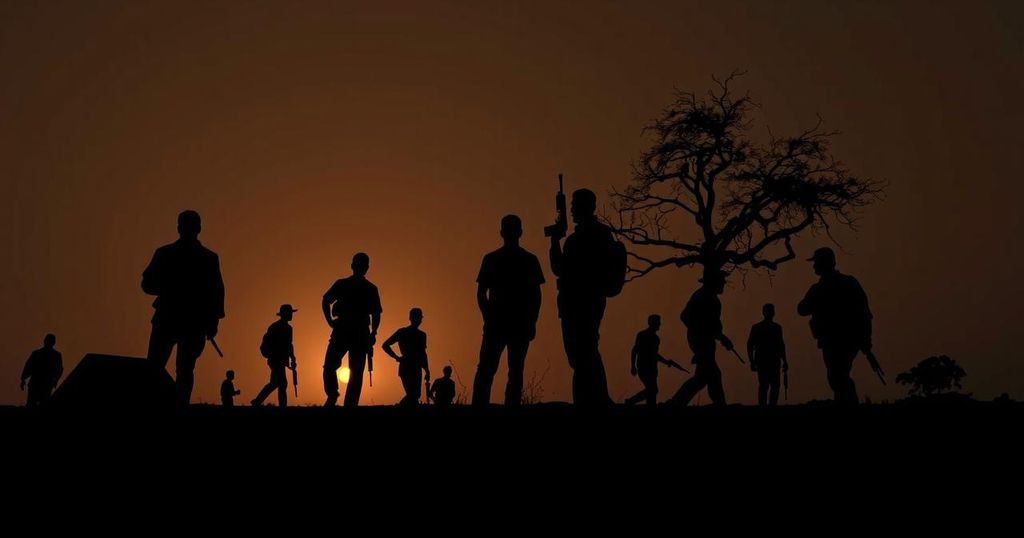UN Report Accuses Both Sides of War Crimes in Sudan Civil Conflict
A recent report issued by United Nations experts has indicated that both factions embroiled in the ongoing civil conflict in Sudan may have perpetrated war crimes during the course of the 16-month-long hostilities. This investigation, lasting nearly a year, has incited a vehement rejection from the military-controlled Sudanese government, which dismissed the findings as politically motivated while suggesting they exceed the investigation’s original mandate.
The report calls for an arms embargo on Sudan and proposes the establishment of an international peacekeeping force aimed at safeguarding civilians caught in the crossfire. The findings suggest that both the Sudanese Armed Forces (SAF) and the paramilitary group Rapid Support Forces (RSF) have committed severe violations of human rights and international law, with allegations including extrajudicial killings and systematic torture.
The civil war ignited in April 2022 due to escalating tensions over the future roles of both the army and the RSF, resulting in catastrophic humanitarian repercussions. Currently, over half of Sudan’s population is experiencing acute hunger, and nearly eight million individuals have been displaced, creating the largest displacement crisis in the world. The conflict has resulted in more than 20,000 reported deaths, a count that World Health Organization Director-General Tedros Adhanom Ghebreyesus cautioned may be an underrepresentation of the actual figures.
Commissioned by the UN Human Rights Council, the report details the large-scale violations attributed to the SAF and RSF, characterizing many of these acts as international crimes. The Sudanese government has labeled the calls for an arms embargo and peacekeeping forces as unfounded, asserting that the protection of civilians remains a priority and denouncing the report as the work of adversaries seeking to undermine the nation.
Furthermore, the government highlighted a ceasefire arrangement, known as the Jeddah Declaration, facilitated by Saudi Arabia and the United States, as the most viable path to civilian protection, despite the fact that compliance has been notably absent from both the military and RSF factions. The report emphasizes the necessity of halting arms flows to potentially conclude hostilities, recommending that all nations and organizations adhere to an existing arms embargo, particularly in the Darfur region, with extensions to the entire nation indicated as essential.
In conclusion, while the report reinforces suspicions surrounding previous allegations of widespread abuse within Sudan’s civil war, it ultimately concludes that promises of accountability from both sides remain unfulfilled. The absence of compliance by the RSF and the military in recognizing and addressing their respective transgressions emphasizes the dire need for effective international intervention to safeguard affected populations in Sudan and to establish accountability for these alleged atrocities.








Post Comment